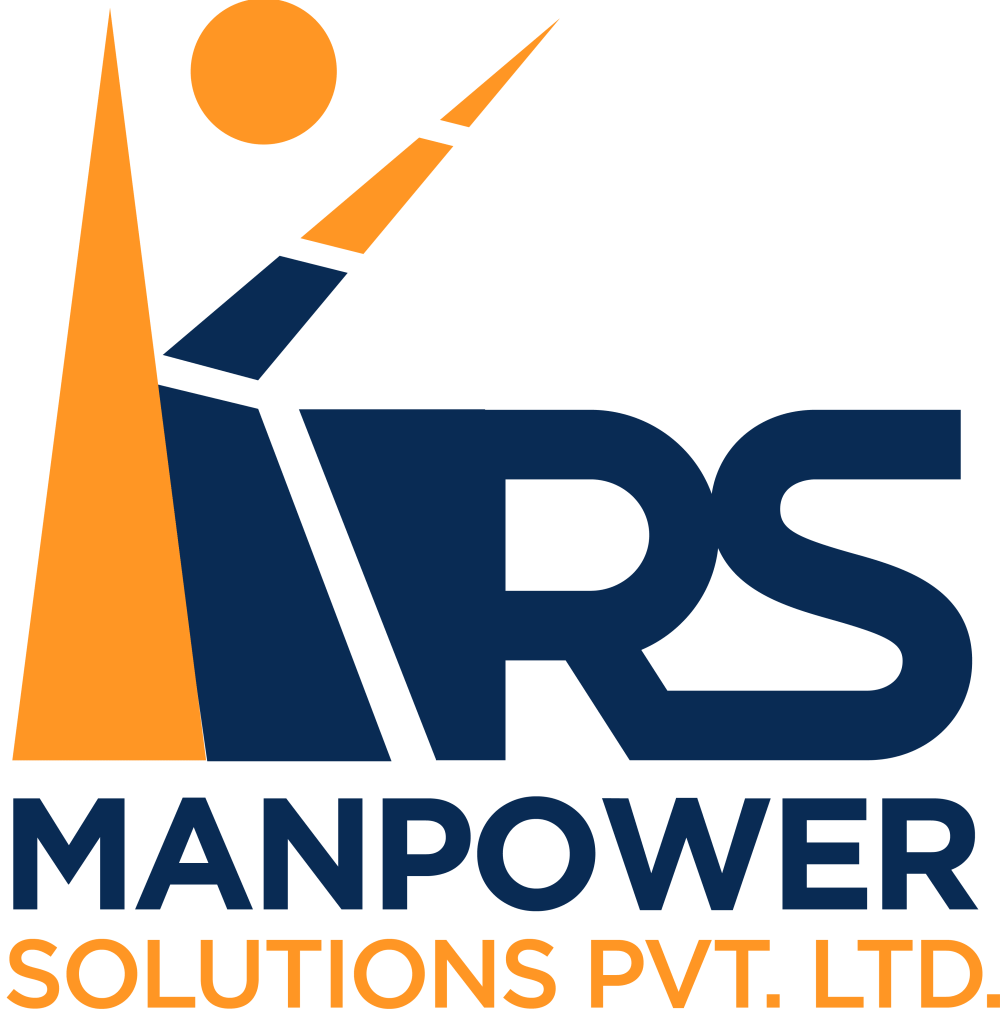Are you running a business or going to start a business? If yes, you will be familiar with payroll. Some of you (new business owners) might be facing issues in managing your employee wages and releasing salary on time. A payroll management solution/system can help you a lot. Let’s know about this software solution and service here.
What is a Payroll Management System?
A payroll management system is a software program/tool that helps manage and streamline the payouts of an organization. Automating employee payments assures paychecks on time and compliance with respective rules & regulations. This system does each task well, from calculating monthly salaries, benefits, bonuses, and tax deductions for a company employee.
Importance of Payroll Management for Businesses
A payroll system is very crucial for an organization or company. It plays a crucial role when it comes to assuring compliance with the rules & regulations and improving employee engagement. A highly accurate and efficient payroll management software tool is very important for record maintenance, timely employee payments, accurate tax filings & deposits, and avoidance of penalties and disputes related to wages. Its complete cycle includes the following steps:
- Employee onboarding
- Defining payroll policies
- Creating salary components for compensation benefits
- Collection of employee inputs
- Validating employee inputs
- Calculating payroll
- Creation and distribution of payslips and tax worksheets
- Disbursal of employee salaries
- Ensuring compliance and reporting by filing statutory requirements and taxes, such as ESI, PF, TDS, and LWF.
Evolution of Payroll Management Systems
In this digital age, the evolution of payroll management systems includes what was done in paper-based methods to the current sophisticated and customized software solutions to manage payroll. The journey from the early days to the current time includes the adoption of technological advancements with time.
In the early days, payroll management was an intensive and time-consuming task. Employers manually recorded the working hours and days of their employees, calculated wages, and deducted respective taxes. This method resulted in inconsistencies and errors. Apart from being time-consuming, this paper-based method had human errors. Sometimes, the employers had to make several corrections to pay accurate salaries to their employees.
The advent of computers and their usage in managing payroll in the late 20th century was a significant shift. It streamlined the process with quicker calculations and fewer errors. Being primarily based on mainframe computers, it was useful only for big businesses. Small business owners were unable to bear the cost of mainframe computers for their payroll management.
With time, the inventions of cloud computing and the internet revolutionized the management of payroll of employees working with small to big companies. Cloud-based payroll management systems have made accessing payroll data for business owners at any time and from anywhere. The use of sophisticated payroll solutions has almost removed inconsistencies and human errors. It has increased accuracy in wages after the deduction of all relevant taxes.
Currently, the payroll management software solutions have AI and automation features. Due to the use of these features, a customized payroll solution predicts trends, detects frauds in payroll, and ensures complete compliance with rules & regulations. Now, managing payroll is more convenient and easier.
The Uses And Benefits Of Payroll Management Systems
A custom-made payroll management system is highly useful for business owners. It helps them calculate the salaries, deductions, taxes, and benefits for their employees. Further, it helps them to file taxes, manage their employees (in terms of attendance and working hours), and generate payslips. Here are some significant benefits of using payroll management software solutions:
- It saves time and lowers errors.
- A custom payroll management tool enhances a business’ compliance with respective rules & regulations.
- It improves data security.
- It increases employee satisfaction & retention.
- It facilitates real-time reporting and analysis.
Types of Payroll Management Systems
There are mainly four types of payroll management systems. They are as follows:
- In-House Payroll (Internally Managed) – It avoids major discrepancies and helps in cost-cutting. Further, it lowers security risks and makes the payroll process more convenient for a business.
- Cloud-based Payroll (Software Managed) – It removes the need for purchasing an external software tool or equipment for payroll management. This tool has excellent reporting and automation features. It has a user-friendly interface and is affordable.
- CPAs and Bookkeepers (Professionally Managed) – It is an ideal solution for medium-sized business houses. Experts handle a business’ payroll management. It comes up with custom and affordable solutions to cater to businesses’ varied needs.
- Agency Managed (Payroll Management Services) – It is useful for large business houses and offers higher accuracy. Business owners can rely on it for timely salary releases and allied things.
Best Practices in Payroll Management
Managing the payroll of a company requires the following certain practices. These practices ensure that you, a business owner) have no issue in managing payroll and salary releases for your employees. Here are the steps you can follow:
- Choose the right payroll management system. For this, you can consider your budget, company size, commitment, vendors’ reputation & existence in the market, etc.
- Define your business goals and set short to long-term targets.
- Train your staff, mainly in the HR or account section of your business house.
- Have an implantation plan.
- Keep the potential risks in mind and be ready to avoid them in the future.
Future Trends in Payroll Management
Nothing is stable in any business sector. The things associated with the operation and management of a business keep changing. So, certain things are future trends in payroll management:
- Cloud technology
- Use of artificial intelligence (AI)
- Integration of HR tech
- Data security
- Pay Transparency
- Inclusion of a financial wellness program
- Fast growth in the gig economy
Conclusion
Payroll management systems are a highly useful solution for businesses when it comes to managing the payroll of employees. By going through several changes with time, they are more convenient, affordable, time-saving, and secure. If you are a startup or small to medium-sized business owner and looking for a payroll management company offering payroll solutions, we, KRS Manpower Solutions, are ready to partner with you and ease your payroll management.






